Intro
AI, or Artificial Intelligence, is the science of teaching machines to learn and act like humans. It is a rapidly growing field that is already having a major impact on the way we live and work. AI technologies are being used in a variety of applications, from healthcare to transportation, to improve efficiency and accuracy in decision making. AI has the potential to revolutionize how people interact with machines, as well as to improve safety, reduce costs, and increase productivity. In this blog post, we will discuss what AI is and why it is important.
Defining Artificial Intelligence (AI)
In today's world, technology has made significant progress in almost every field. One such technological innovation that has the potential to revolutionize the way we live, work, and communicate is Artificial Intelligence (AI). So, what is Artificial Intelligence (AI)?
In simple terms, AI is a branch of computer science that aims to develop intelligent machines that can mimic human-like behavior, decision-making, and problem-solving. These machines can perform tasks that typically require human intelligence, such as speech recognition, language translation, visual perception, and decision-making. AI technology is designed to learn and improve over time, which makes it capable of adapting to new situations and making better decisions.
In other words, AI is a technology that enables machines to learn from experience, recognize patterns, and perform tasks that would usually require human intervention. AI is different from other computer technologies as it allows machines to perceive, reason, learn, and act intelligently. This advanced technology has the potential to revolutionize the way we work, communicate, and live, making our lives more efficient and convenient.
Brief History of AI
The idea of AI is not a new concept; in fact, it can be traced back to ancient Greek mythology where stories of robots and automatons were passed down. However, it wasn't until the 20th century that significant strides were made towards developing AI.
The first true AI program was developed by a computer scientist named John McCarthy in the late 1950s. His program was designed to simulate human problem-solving and learning abilities, marking the beginning of the AI era. In the 1960s, AI research was supported by governments and businesses, leading to advancements in computer programming languages, expert systems, and natural language processing.
During the 1970s and 1980s, AI research went through a period of disillusionment, also known as the AI winter. Funding for AI was cut, and many researchers moved on to other fields. However, the development of new algorithms and the increased availability of computational power in the 1990s sparked a resurgence in AI research.
In recent years, advancements in machine learning, deep learning, and natural language processing have propelled AI to new heights. The application of AI can be found in a wide range of industries, including healthcare, finance, and transportation. As we move into the future, AI is likely to continue to evolve and transform the way we live and work.
Applications of AI
AI has a wide range of applications across various industries and sectors. From healthcare to transportation, AI has revolutionized the way businesses operate. Some of the most common applications of AI include:
1. Healthcare: AI is being used to diagnose diseases, analyze medical images, and develop personalized treatment plans. AI-powered tools can also help doctors and nurses in patient care and management.
2. Finance: AI is used in finance for fraud detection, customer service, risk assessment, and portfolio management. AI-powered chatbots are also used by financial institutions for customer support and query resolution.
3. Transportation: AI is transforming the transportation industry with autonomous vehicles and real-time traffic monitoring systems. AI-powered sensors and cameras can detect and predict accidents and help prevent them.
4. Retail: AI is used by retailers for inventory management, customer analysis, and personalization of shopping experiences. AI-powered chatbots are also used to provide customer support and assistance.
5. Education: AI is being used in education to personalize learning experiences, analyze student data, and develop curriculum. AI-powered chatbots are also used to provide support and assistance to students.
These are just a few of the many applications of AI. As the technology advances, AI is expected to have a more significant impact on our daily lives. However, with these advancements, it is important to consider the ethical considerations and challenges in AI.
Importance of AI
Artificial Intelligence is changing the way we interact with technology and the world around us. Its applications are vast and varied, and it has the potential to revolutionize the way we live, work, and communicate.
One of the key reasons why AI is so important is its ability to process and analyze vast amounts of data quickly and accurately. This means that it can be used to solve complex problems in fields such as medicine, finance, and engineering, as well as to make predictions about the future.
AI is also being used to create more personalized experiences for users. By analyzing user data, AI-powered systems can tailor content and services to individual preferences and behaviors, creating a more seamless and intuitive experience.
In addition, AI is increasingly being used to automate tasks that are repetitive or require a high degree of accuracy, such as data entry or quality control. This can help to free up time and resources for more creative and innovative work, improving productivity and efficiency.
Finally, AI has the potential to make our world a safer and more sustainable place. By analyzing data from sources such as sensors and cameras, AI can help to identify and respond to potential threats, such as natural disasters or terrorist attacks. It can also be used to optimize energy usage and reduce waste, helping to create a more sustainable future for us all.
Overall, the importance of AI cannot be overstated. Its ability to process and analyze data, personalize experiences, automate tasks, and make our world a safer and more sustainable place makes it an essential tool for the future. However, as with any new technology, there are also ethical considerations and challenges that must be addressed to ensure that AI is used responsibly and for the greater good.
Ethical Considerations and Challenges in AI
As with any new technology, there are ethical considerations and challenges to be aware of in the development and use of AI.
One major concern is the potential for AI to perpetuate bias and discrimination. If AI systems are trained on biased data sets or are developed without taking into account the diversity of human experience, they can amplify existing inequalities. For example, if an AI system is used to screen job applicants and is biased against women or people of color, it could perpetuate systemic discrimination.
Another challenge is the potential loss of jobs as AI systems become more advanced and able to perform tasks that were previously done by humans. This could lead to significant economic and social disruption, particularly if there is not enough support in place to help people transition to new roles.
Privacy is also a concern when it comes to AI. As these systems become more advanced, they are able to collect and analyze large amounts of personal data. It is important to ensure that this data is protected and used responsibly.
Finally, there are ethical concerns around the use of AI in areas such as warfare and surveillance. As these technologies become more powerful, it is important to consider the potential consequences and ensure that they are being used for the greater good.
As we continue to develop and use AI, it is important to be aware of these ethical considerations and work to address them. By doing so, we can ensure that AI is developed and used in a way that is both responsible and beneficial to society.
Future of AI
Artificial Intelligence is a rapidly developing field, with numerous advancements being made every day. Experts predict that AI will have an increasingly significant impact on society in the coming years.
One area where AI is expected to make a big difference is in healthcare. With AI-powered diagnostic tools and medical devices, doctors can make more accurate diagnoses and treatment plans, leading to better patient outcomes. Additionally, AI-powered virtual assistants could help people manage their health and stay on track with medication schedules.
Another area where AI will have a major impact is in the workplace. As AI-powered automation becomes more prevalent, some jobs will be replaced by machines. However, this will also create new job opportunities in areas like AI programming and data analysis.
AI will also play an important role in the development of smart cities, with systems that can analyze data and provide insights for urban planning and resource allocation. AI-powered traffic management systems and smart grid technology will help reduce congestion and energy consumption in cities.
However, some ethical considerations and challenges must be addressed as AI continues to advance. The potential for bias and discrimination in AI algorithms is a concern, as is the potential for job loss and increased economic inequality.
Despite these challenges, the future of AI looks bright, with the potential to improve countless aspects of our lives. As technology continues to advance, it will be important for society to carefully consider the benefits and risks of AI and work to ensure that it is used ethically and responsibly.
FAQs
Q: What are some examples of AI in our everyday lives?
A: AI is all around us, from virtual assistants like Siri and Alexa, to personalized product recommendations on online shopping websites, to self-driving cars.
Q: Is AI dangerous?
A: AI itself is not inherently dangerous, but the way it is used can have ethical implications. There are concerns about AI being used for malicious purposes or being programmed with biased algorithms.
Q: What skills are needed to work in AI?
A: A background in computer science, mathematics, and statistics is useful in working in AI. Additionally, skills in machine learning, natural language processing, and data analysis are valuable.
Q: Can AI replace human workers?
A: AI has the potential to automate certain tasks and jobs, but it is unlikely to fully replace human workers. Instead, it will likely lead to a shift in job roles and skill sets needed.
Q: How can we ensure AI is used ethically?
A: There is a need for guidelines and regulations to be put in place to ensure that AI is used in a responsible and ethical manner. Additionally, having diverse teams working on AI projects can help to minimize the potential for biased algorithms.

.png)
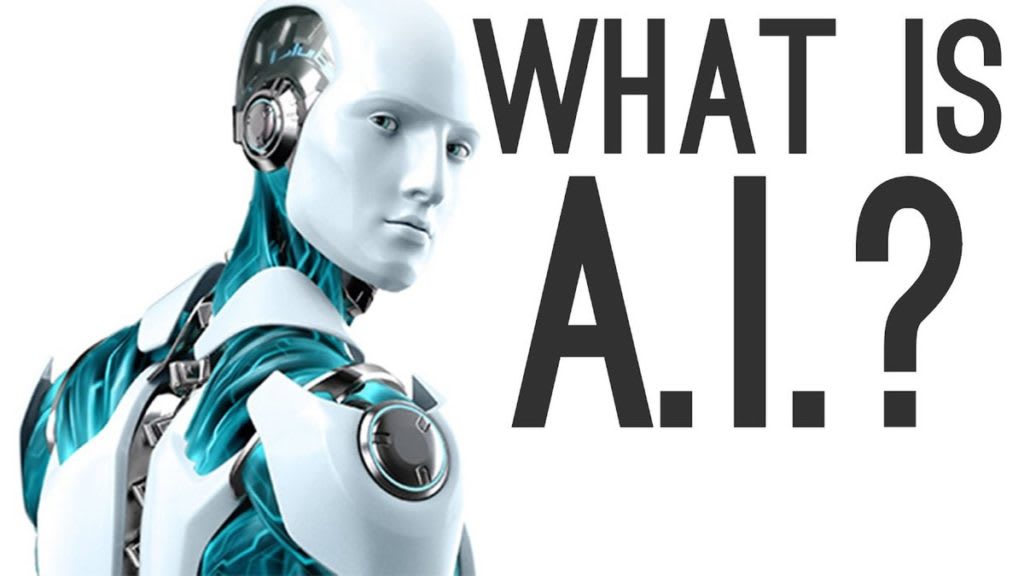
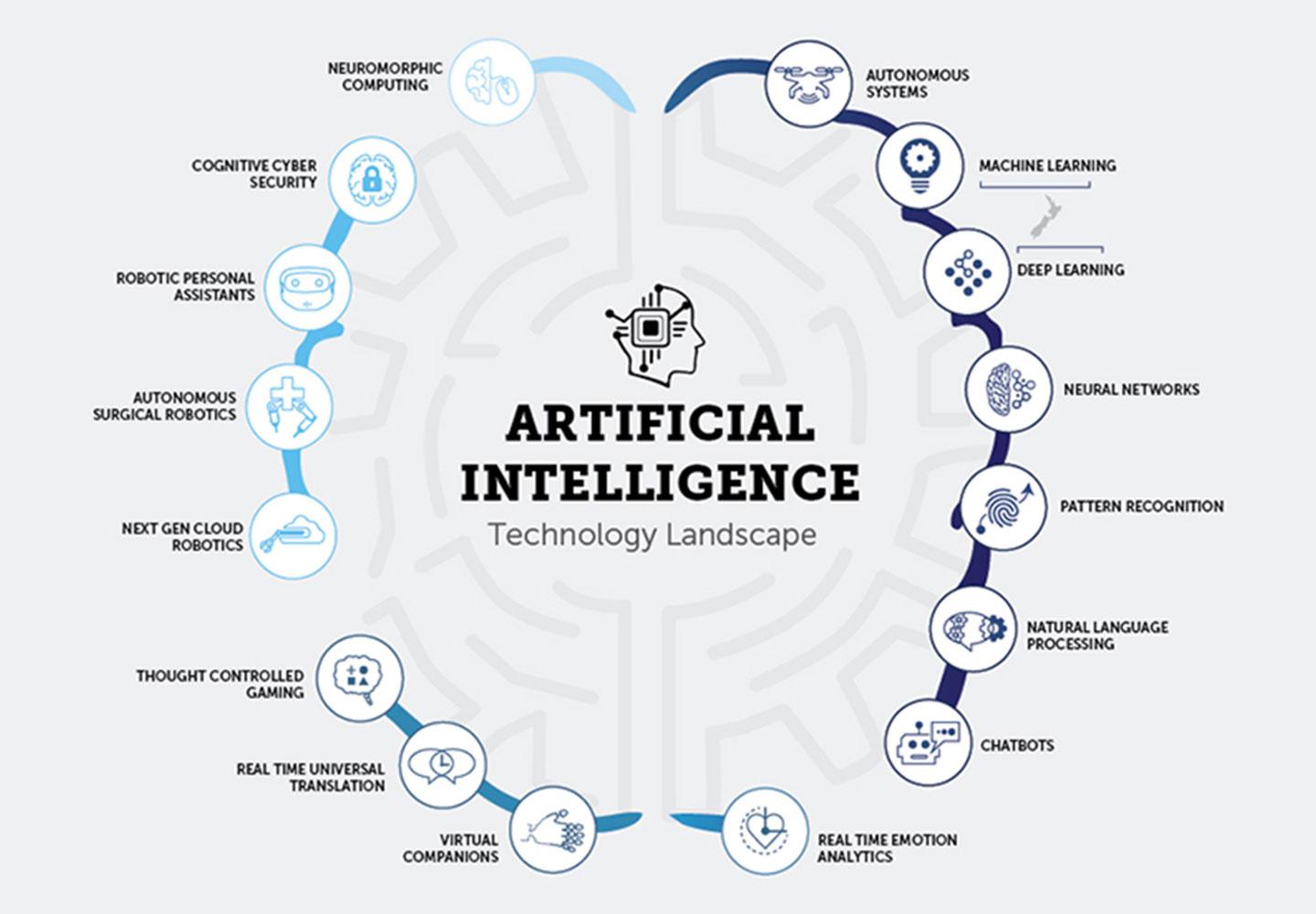
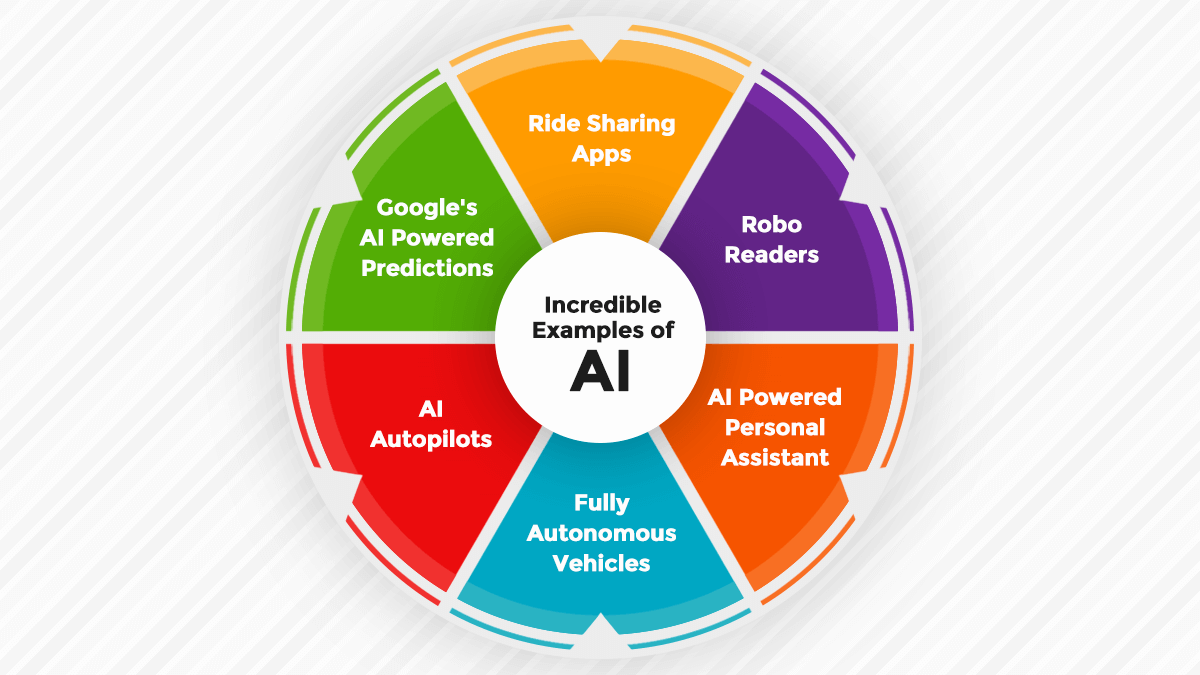

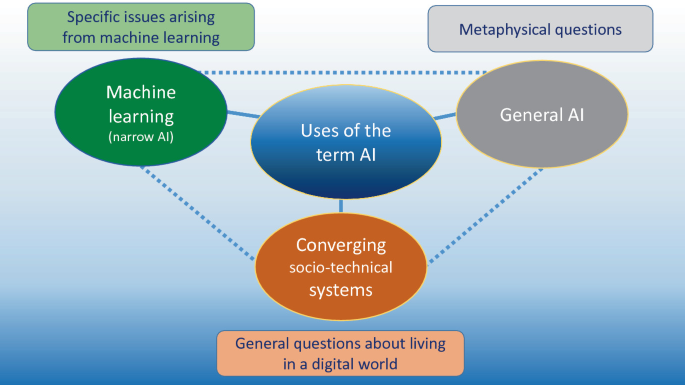
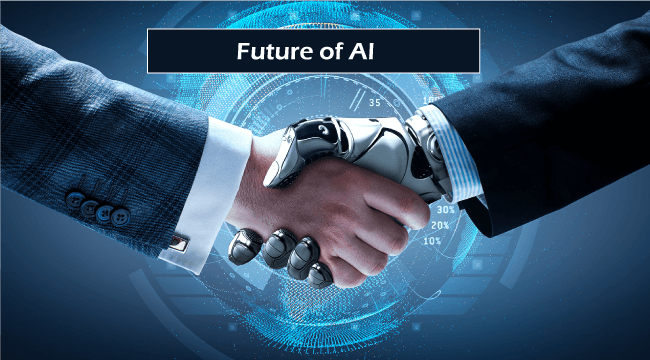





Follow Our Social Circle